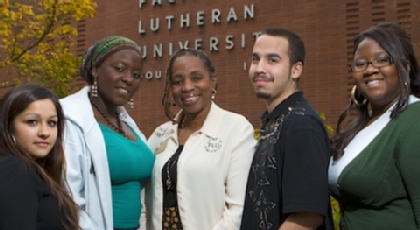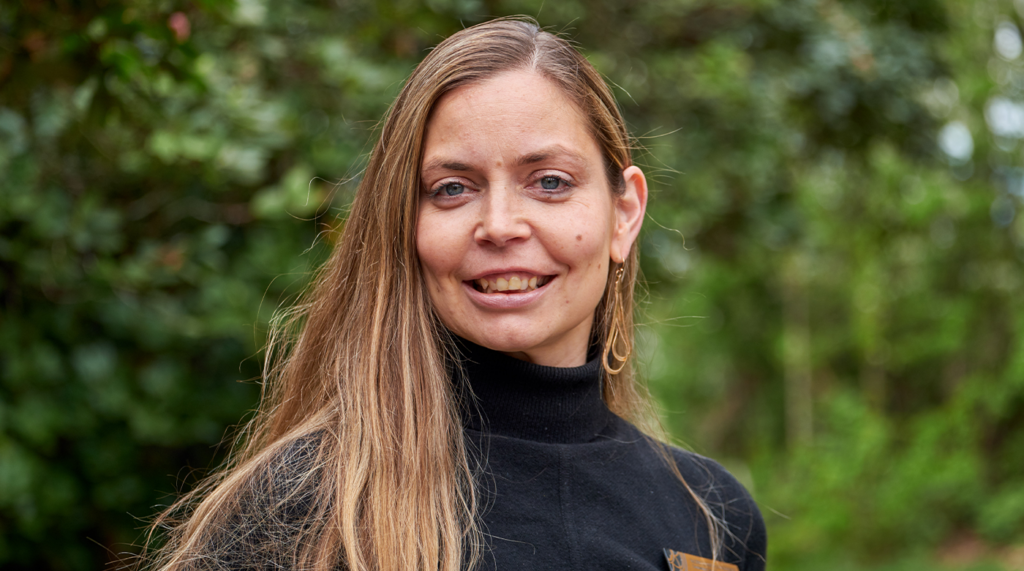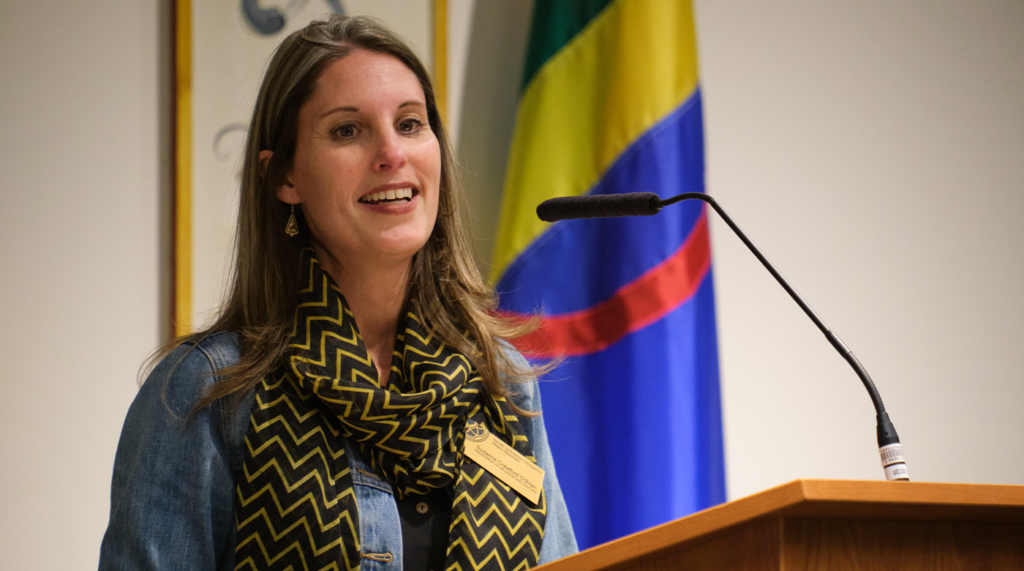Page 91 • (1,007 results in 0.056 seconds)
-
and Science – 8 semester hours These courses emphasize the understanding of scientific knowledge that underpins environmental issues. The interpretation and presentation of data along with concepts of science are stressed. Students select two courses (from two different departments) from the following: BIOL 116: Introductory Ecology (4) BIOL 367: Conservation Biology & Management, Pre-req: BIOL 226 (4) BIOL 368: Ecology, Pre-req: BIOL 226 (4) BIOL 369: Marine Biology, Pre-req: BIOL 226 (4) CHEM
-
, using the IRS Data Retrieval Tool when completing the FAFSA or submitting a SIGNED copy of the tax return submitted to the IRS. Failure to complete the verification process will prevent any federal, state, or PLU need-based aid from crediting your account. Recipients of any outside scholarships: You are required to report any outside scholarships to Student Financial Services. After notifying our office via outsideschp@plu.edu, an email will be sent, to check your Banner Web account, to see how or
-
that lifestyle. Crosetto started as a peer tutor in the fall of 2007. Leslie Foley was looking for a new computer science tutor and Crosetto was recommended by the department. For the last year and a half he has tutored students taking introduction to computer science and data structures. Those students can find Crosetto in the computer science lab five hours during the week. “It’s not a huge time commitment and it makes it easier to work it in with tennis,” Crosetto admits. “(Being a peer tutor
-

student population stays on campus. “Embassy has been a key factor in bringing thoughtful, articulate, engaged international students to the PLU campus,” Stumo said. Washington is changing, too The face of PLU is changing in another way, as well. PLU will be seeing a significant rise in student populations that are not Caucasian. According to the Washington state’s race and ethnicity data, the number of Hispanic students graduating from high school in 2020 will increase by more than 60 percent when
-

three times this spring, with at least one more event to come. “When we think about service and care, this event fits really closely with the mission of not only PLU but also the school of nursing,” said Dana Zaichkin, a nursing professor who also volunteered for the event. “I really enjoyed being a part of this.” Currently on sabbatical from PLU, Zaichkin is working with colleagues at the University of Washington to create a uniform means of tracking, reporting, and benchmarking data for local and
-

about our daily tasks including feeding, cleaning, training, and leading encounters with some of our animals,” Meyer says. “I also have the opportunity to cross-train with other departments including with the veterinarians so I am getting a first-hand look at what a zoo vet does! I am absolutely loving my time here and am so thankful for this scholarship helping me to pursue my dreams.” Data is still being collected on the results of the program. The COVID-19 pandemic created unique challenges to
-

, empowered, make-change kind of way. They need access to concrete resources and an education that is empowering and linked to building an imaginable future. For many, this means concrete skills for working with people, ideas, and data that will translate into a reliable or dependable go at a career. They are looking for mentors and others to invest in them, challenge them, and build scaffolding to help bridge the next steps. They also need space to be allowed to be ‘a hot mess’ and be given the dignity
-

all along, but what has remained the same is the focus on the Clover Creek Watershed. As a result, we now have many years worth of data about Clover Creek, water quality, and environmental impacts. It’s a really significant contribution to our community. So the course includes geology, biology, and chemistry to do that work. And it’s also truly interdisciplinary, including units on philosophy, literature, ethics, and Native American studies. Students integrate these various fields–taught by guest
-

to share many of the same core qualities and passions: a penchant for research, a love of data and an endless curiosity about social, political, financial and legal systems. Economics majors from Pacific Lutheran University’s Class of 2015 showcase the value and malleability of the discipline, including two graduates who received two full-ride scholarships to law school, one who received a full-ride scholarship to study Biostatistics at the University of Pittsburg and another who will study
-
include descriptive and inferential statistics and quantitative research designs. Students will also develop knowledge and skills of action research. (4) EDUC 711 : Educational Research II: Qualitative Research This second course in the research methods sequence addresses major concepts of qualitative research methods. Students will learn the major methodologies and ethical implications of qualitative research including appropriate research questions. Students will learn and implement qualitative data
Do you have any feedback for us? If so, feel free to use our Feedback Form.


